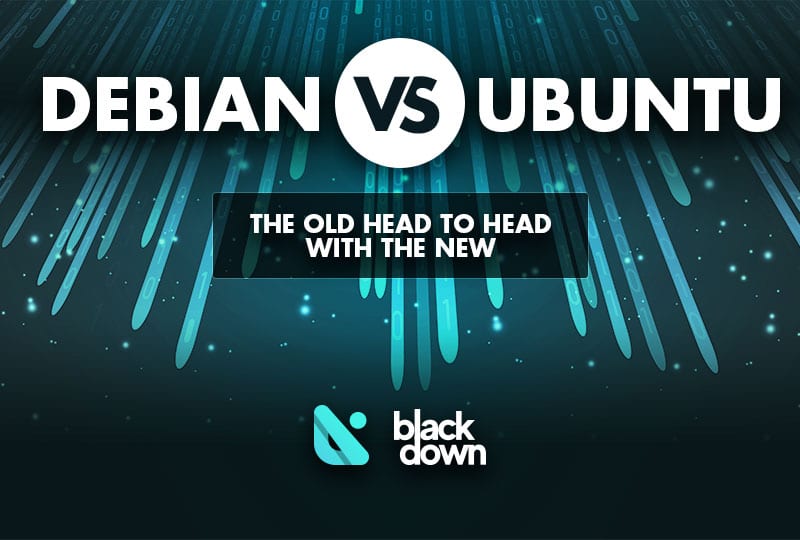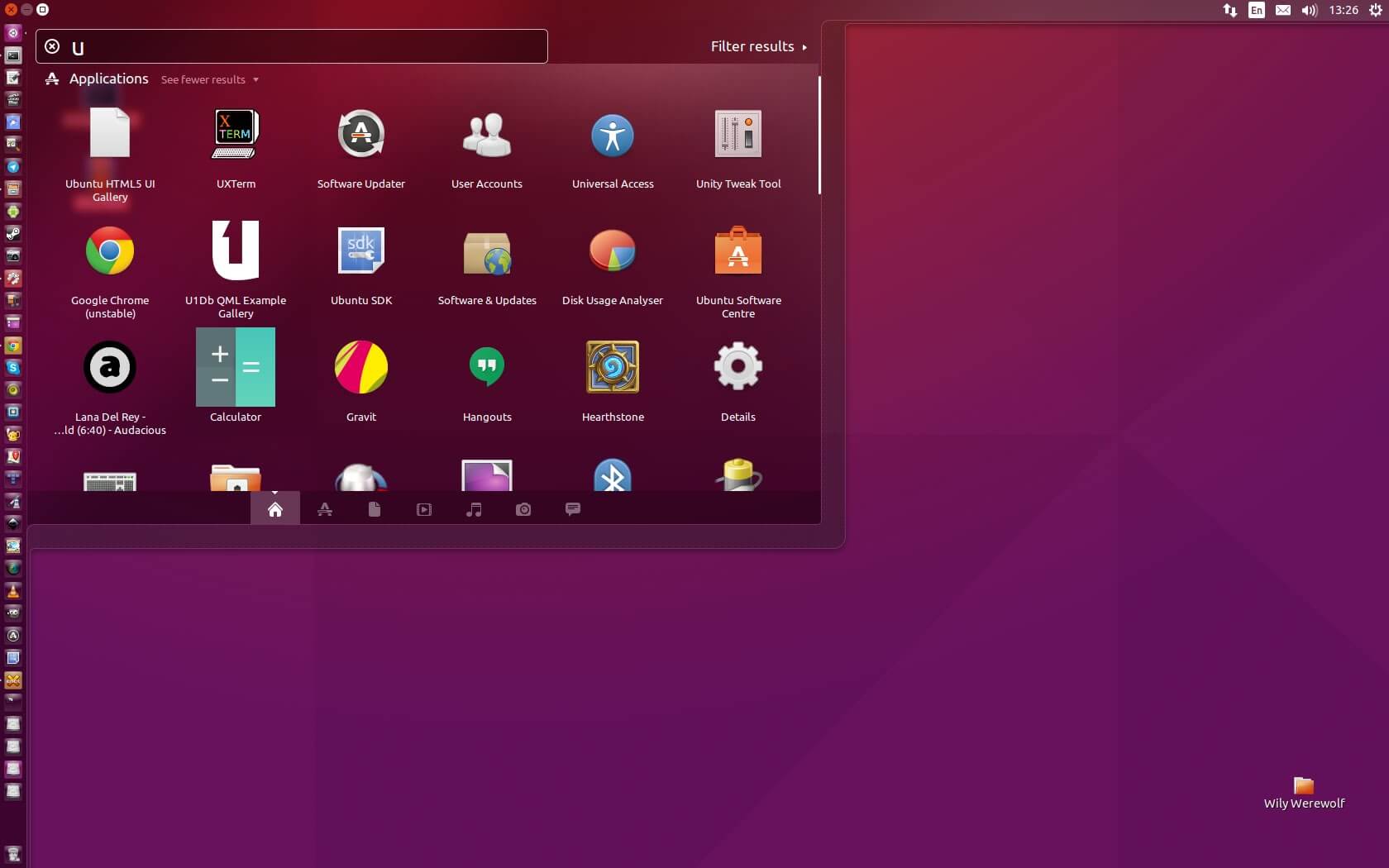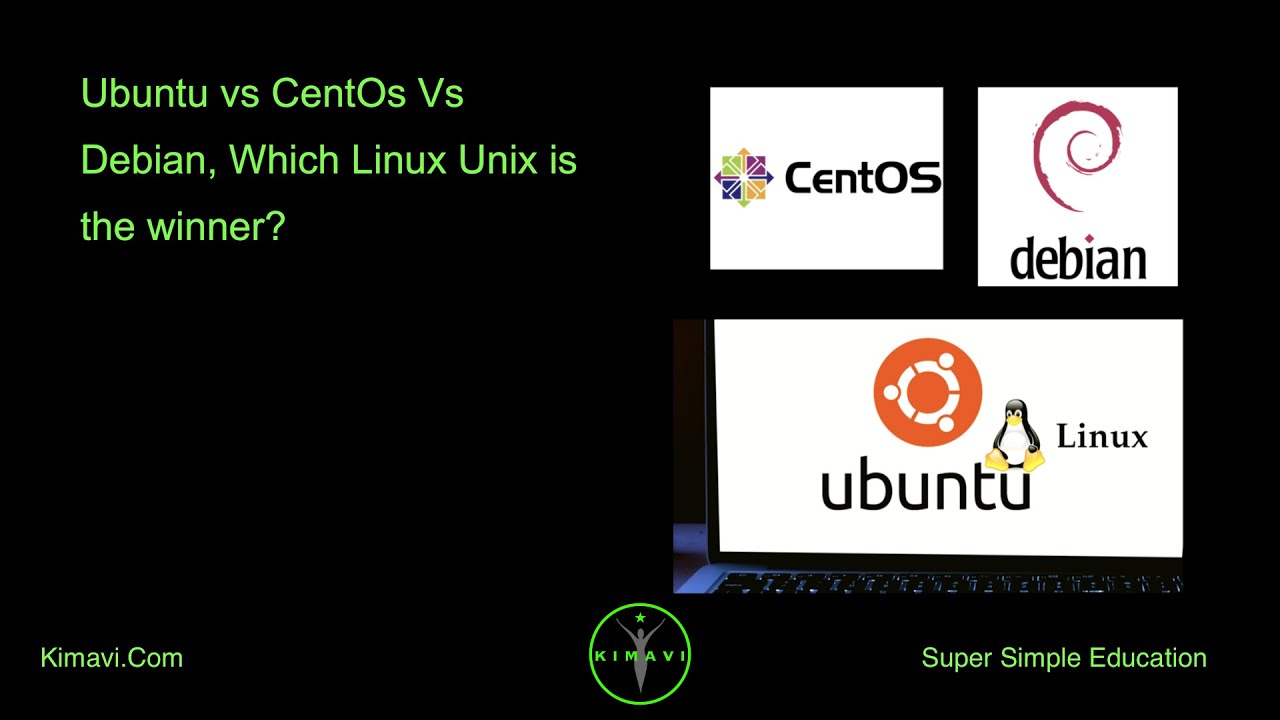
Ubuntu LTS (long term support) release comes out every two years and they get support for five years.

Ubuntu has two kinds of releases: LTS and regular. It utilizes the Debian infrastructure as base.

It means that Ubuntu uses the same APT packaging system as Debian and shares a huge number of packages and libraries from Debian repositories. Debian, Arch, Red Hat are some of the biggest distributions that do not derive from any other distribution. While there are hundreds of Linux distributions, only a handful of them are independent ones, created from scratch. Ubuntu is based on Debian: What does it mean? Ubuntu was created in 2004 by Mark Shuttleworth and it is based on Debian. Debian is the original distribution created by Ian Murdock in 1993. So, what’s the difference between the two, if they are so similar?ĭebian and Ubuntu belong to the same side of the distribution spectrum. Many times, you’ll find common package installation instructions for both distributions. You can install DEB packages in both distributions as well.

It can be troublesome for installing for beginners. It’s backed by canonical, which keeps this distro up-to-date. It is not suitable for desktops if you are a beginner, as it may lack updates and drivers. It needs customizations to perform faster on low-end machines. Its Ubuntu LTS can be a good choice for developers. It also has a stable version, Ubuntu LTS. Two release cycles, Ubuntu LTS every year, and Ubuntu, every 9 months. No certain release cycle, however, the Debian stable version is rock-solid stable.

It is derived from Debian and highly focuses on making Linux accessible to everyone. It is a Linux distro for people to use free software.


 0 kommentar(er)
0 kommentar(er)
